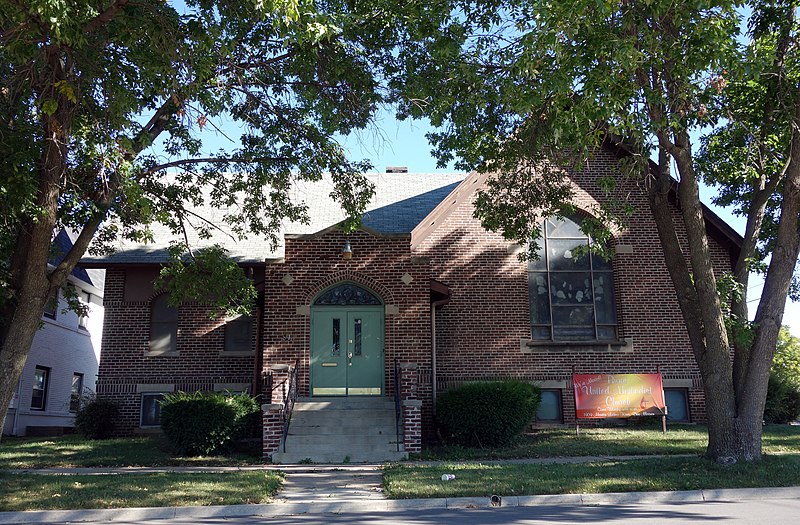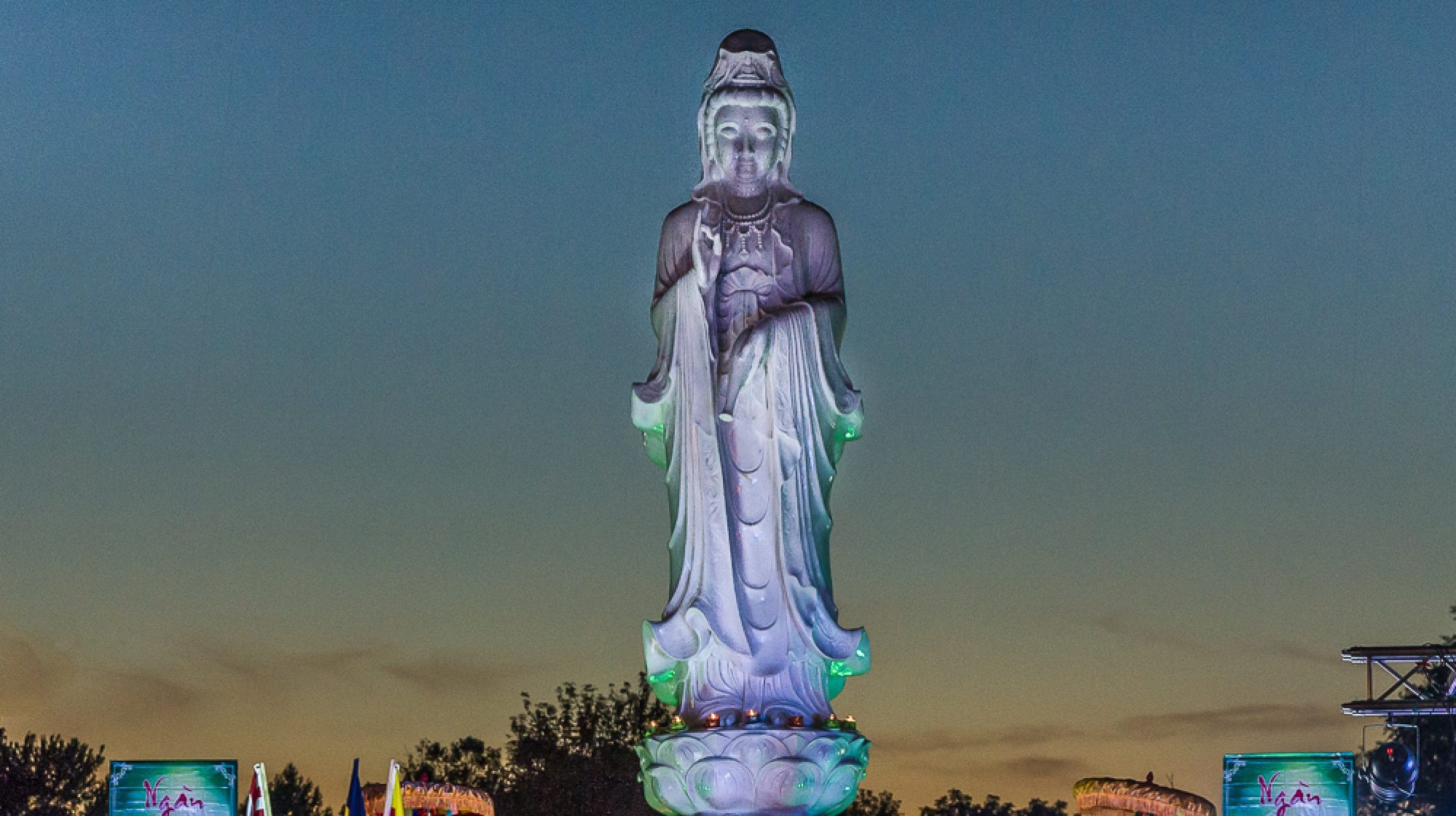
CONTACT
Leader:
Pastor James Pernell
Phone Number:
(515) 244-5883
Email:
Website:
HOURS
Sunday: 11 am
Sunday school: 9:45-12 pm
ETIQUETTE
No specific requirements
STUDENT TESTIMONIAL
History:
The oldest African American congregation in Des Moines. Members of this church formed a congregation before African Americans could even own land. The church was named after the first black bishop of episcopal methodism, Francis Burns in May of 1866. Burns’ previous location was a builder on Crocker street. They sold this church and were eventually gifted with their current location on Martin Luther King Jr. Pkwy. in 2011 by Gatchel United Methodist Church.
Practices/Services:
This community holds services every Sunday starting at 11am. They also hold Sunday school starting at 9:45 am every Sunday. This community believes that God is revealed through the father, son, and holy spirit. Believes that Jesus Christ is an expression of God’s love through his teachings, death, and resurrection. They believe that the Bible is the guidebook for their life, so scripture readings are vital during service. The services begin with testimonies. They also use music as a form of worship which includes a choir and a set of drums. Prayer is also a powerful tool for its members. Members perform tithes, which is donating 10% of one’s income to the church.
Distinctive Qualities:
Their church has a wooden altar which is a sacred space for congregants to come forward, kneel, and bring their petitions to God. Completing community mission work is vital to this community. They participate in giving back to their community through meals and clothing.
Demographics:
This community is historically made up of majority African Americans. Recently immigrants and refugees specifically from the Congo region joined the congregation. This congregation is very welcoming of all no matter their background.
Branch:
The community is Methodist.

